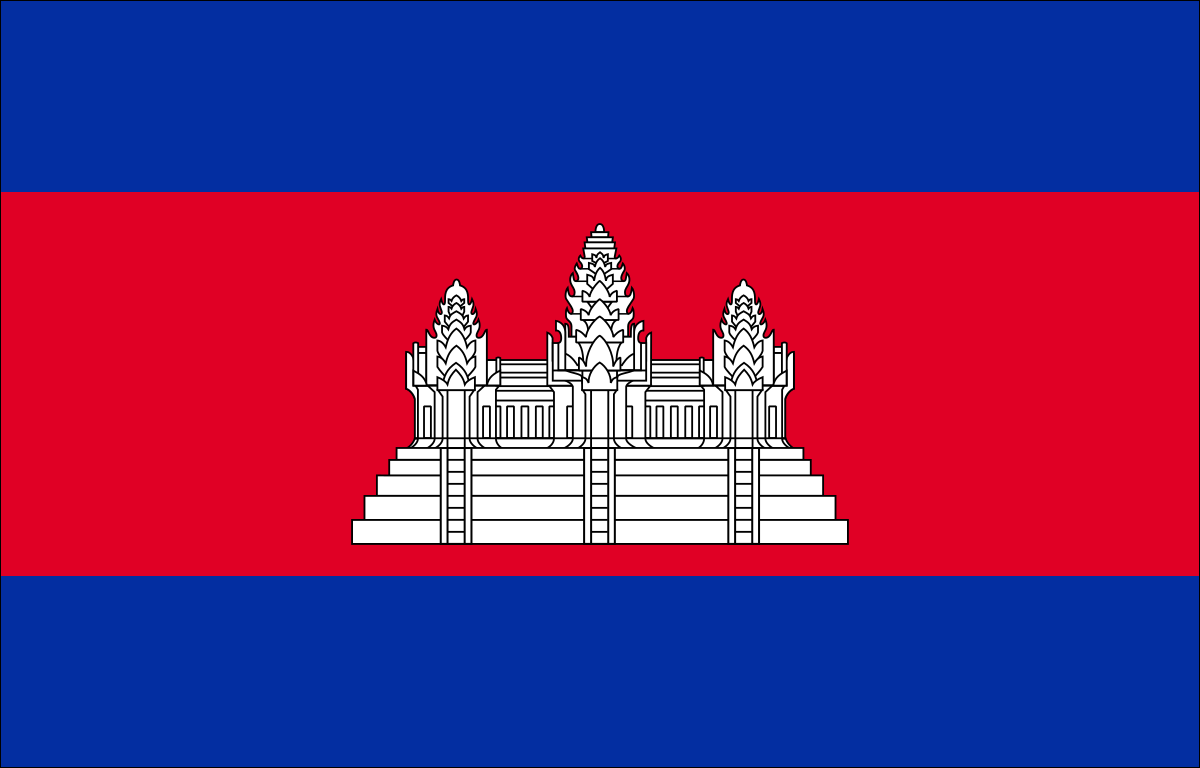
Breadcrumb
Cambodia

Capital:
Phnom Penh
Land Area:
176,515km²
Inland Water Area:
4,520km²
Length of Coastline:
435km
Cambodia has implemented the ICM framework along 100% of its 435km coastline, covering the four coastal provinces of Kampot, Kep, Koh Kong, and Preah Sihanouk. The Government of Cambodia has established a national ICM scaling up program that promotes ICM as a national approach to sustainably manage coastal and marine resources in the country. The ocean and water resources are important to Cambodia and Cambodians. The fisheries sector is the fourth-largest employer in Cambodia, employing about 385,000 people in 2007. It is also the fourth-biggest contributor to the country's gross domestic product (GDP).
Cambodian ICM implementation is founded on over a decade of experience on ICM implementation at the national ICM demonstration site in Preah Sihanouk, which began in 2001. ICM implementation in Preah Sihanouk covers 176km of coastline and 2,397km2 land area. Through a learning-by-doing approach that encourages local capacity development, ICM is providing practical solutions to coastal and marine management issues, benefiting over 200,000 stakeholders in the Province.
The ICM Program in Preah Sihanouk is addressing a variety of issues including: pollution reduction and waste management in Sangkat 4 through a community-driven waste collection and a micro-credit facility for sanitation facilities; livelihood management and sustainable coastal tourism in Occheuateal Beach; water use and supply management in Stung Hav District; and habitat protection and management of about 1,060ha of mangrove areas in Otress and Tomnob Rolok, Stung Hav and Kompong Smach, Prey Nup Districts. In 2016, motivated by the socio economic and environmental gains from the effective management of Preah Sihanouk, the other three coastal provinces started implementing their own provincial ICM programs.
Other sustainable efforts by the Royal Government of Cambodia include: (1) implementation of the Gulf of Thailand (GOT) Regional Framework Programme for Oil Spill Preparedness and Response; (2) implementation of the Port Safety Health and Environmental Management Systems in Phnom Penh and Sihanoukville Autonomous Ports ; (3) preparation of Cambodia’s State of the Ocean and Coasts Report and; (4) development of on-the-ground activities addressing climate change and disaster risk reduction, habitat protection and restoration, water use and supply management, and pollution reduction and waste management under the broader ICM management framework of coastal provinces.
History of Cambodia's engagement in PEMSEA.
Focal Points:
H.E. Thay Chantha
Deputy Secretary General of the National Committee for Cambodian Coastal Management and Development and Concurrent Deputy Director General of the General Directorate of Protected Areas in the Ministry of Environment (MoE)
Mr. Roath Sith
Deputy Director-General, General Directorate of Environmental Protection, MoE